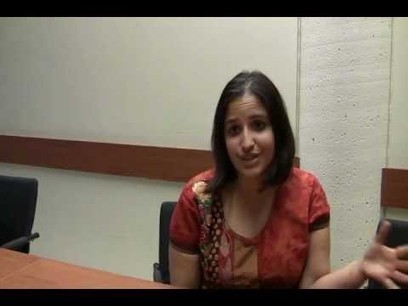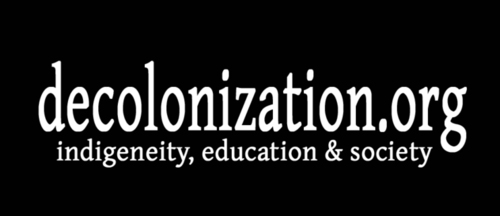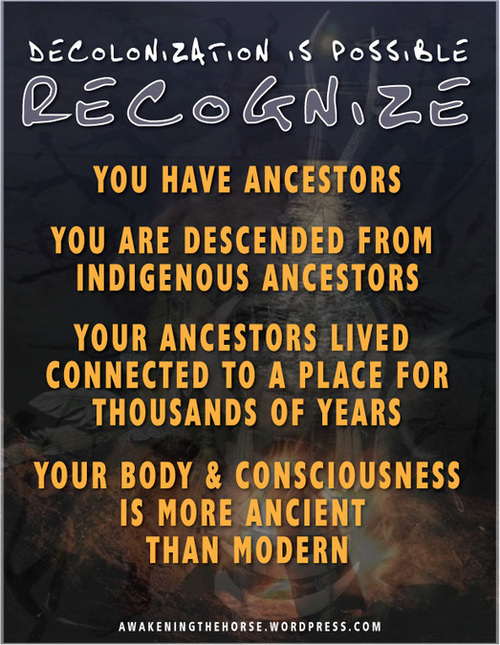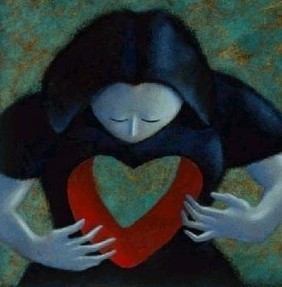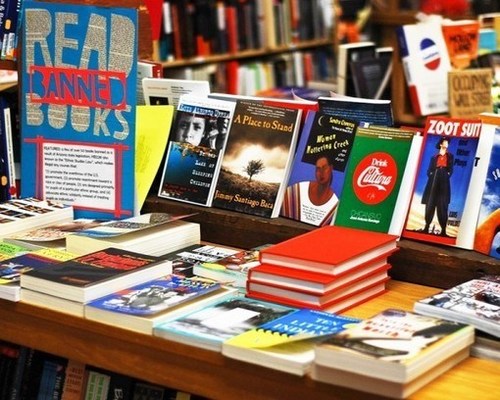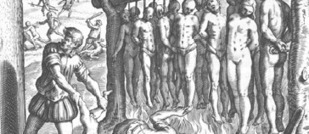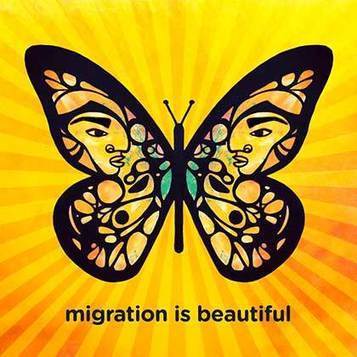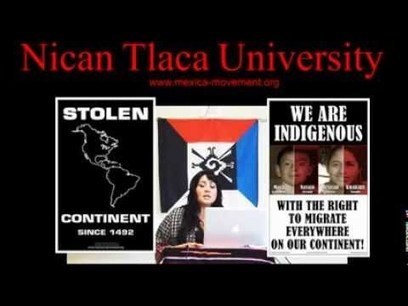Harsha Walia is a Vancouver (coast salish territories) based South Asian community activist organizing in various migrant justice, indigenous solidarity, and anti capitalist, anti colonial movements.
She is speaking at City is a Sweatshop on February 21st, 2009
—-
Since the start of the economic crisis, we’ve seen workplace raids, handouts to the rich, increased deportation, targeting of migrants and the shattering of social services. On May 2, join the fightback and insist that NO ONE, poor or undocumented, IS ILLEGAL!
See on www.youtube.com


